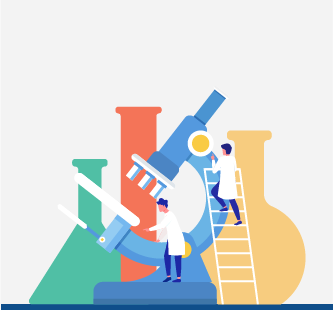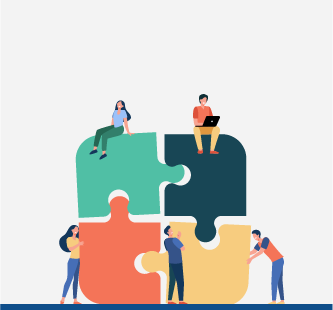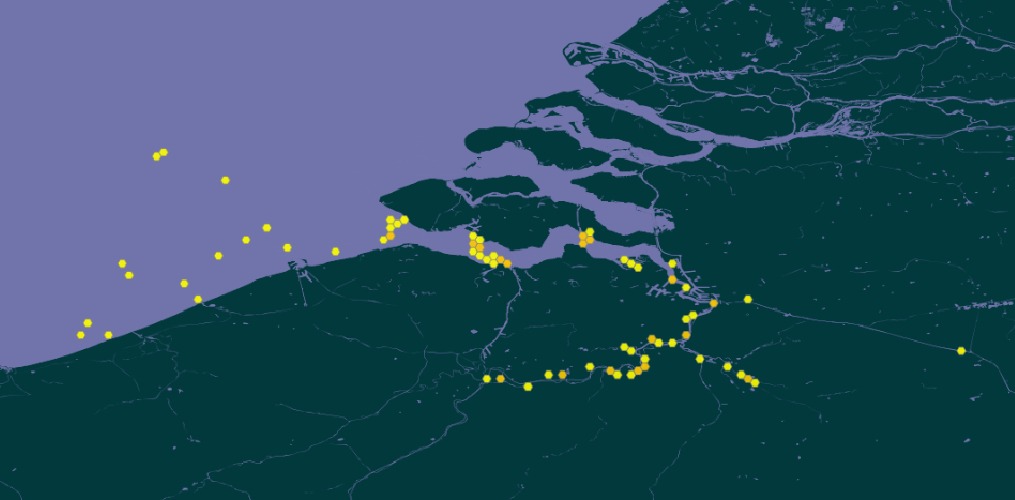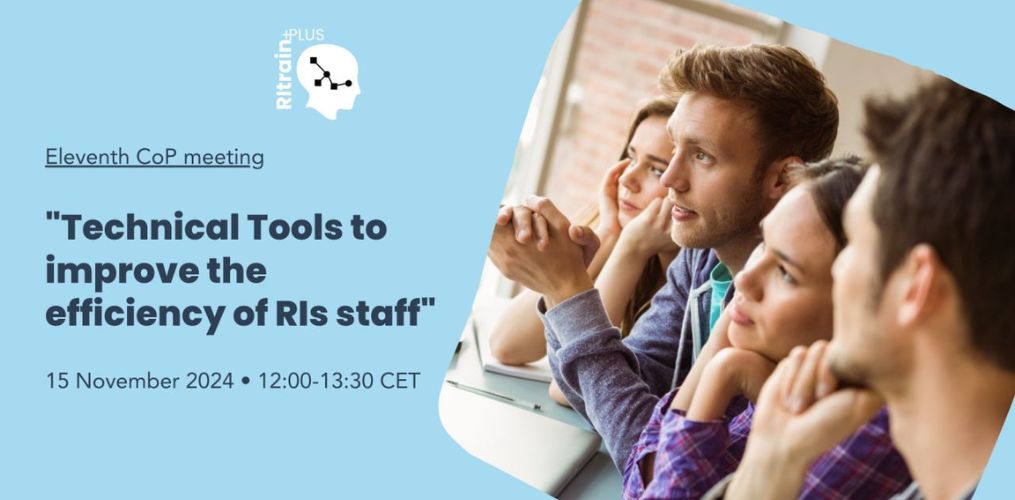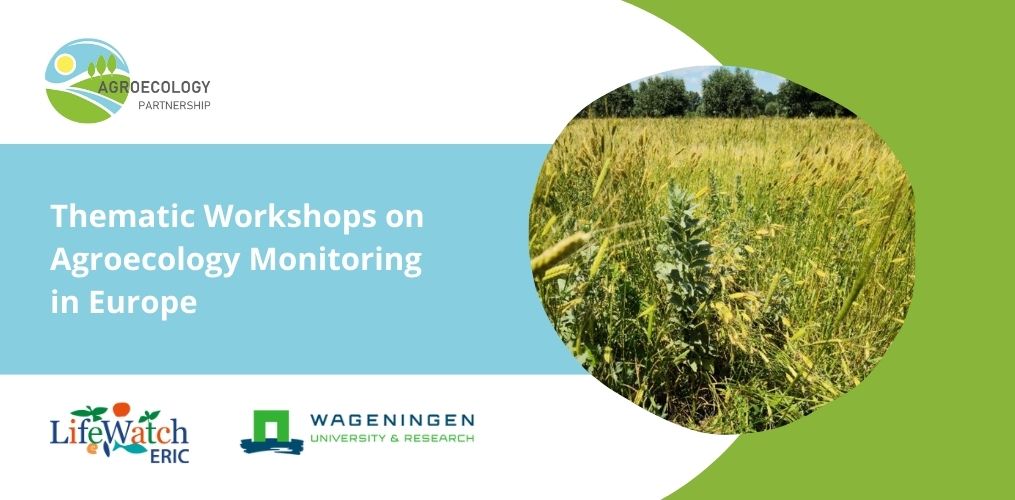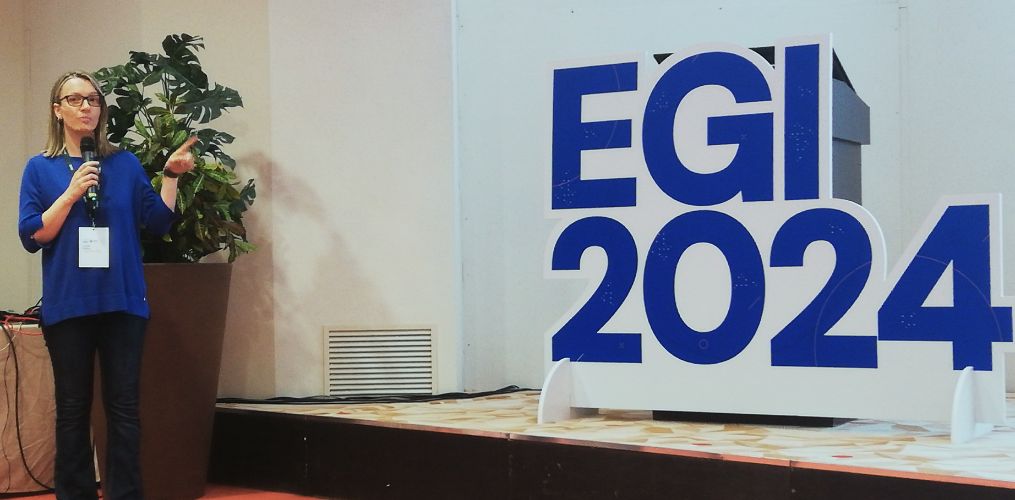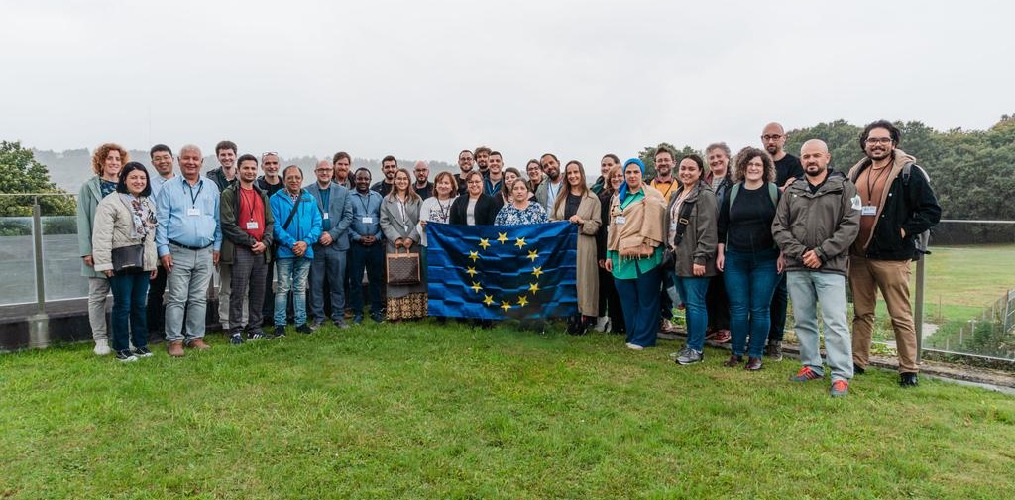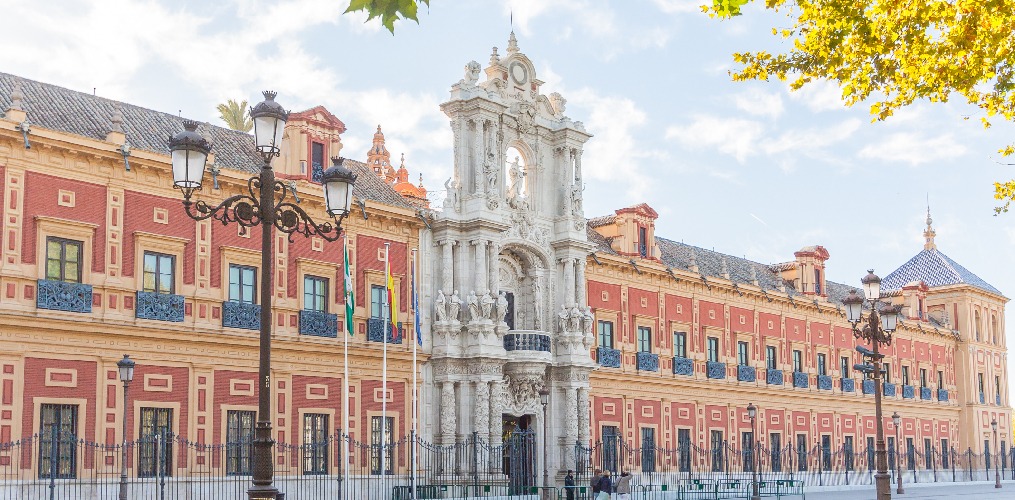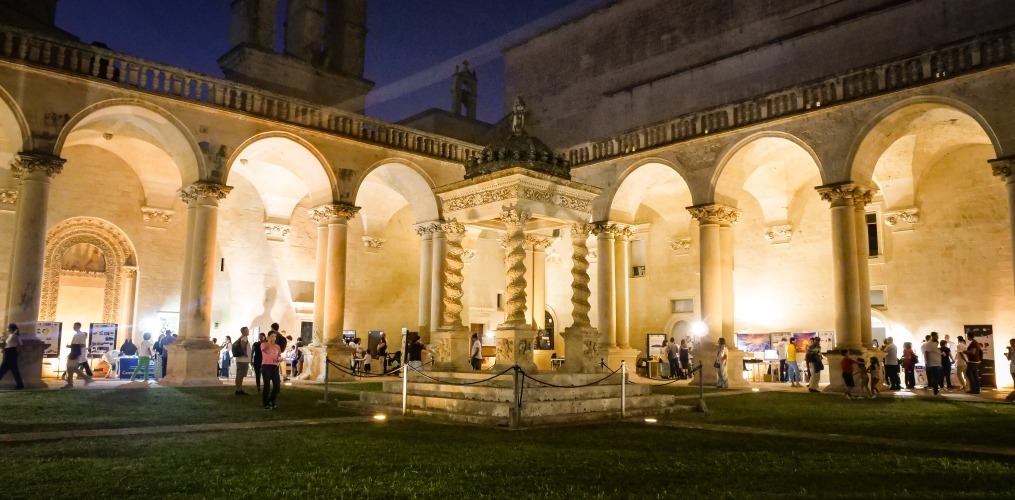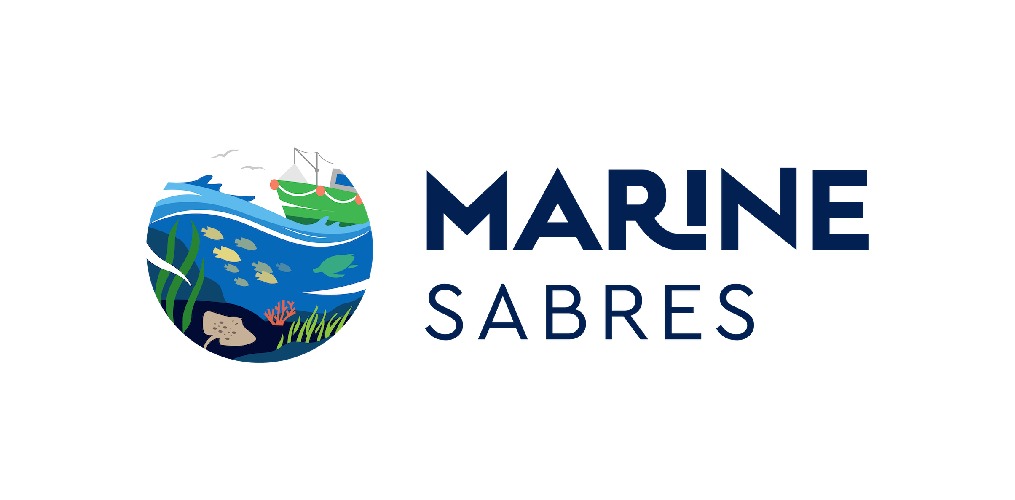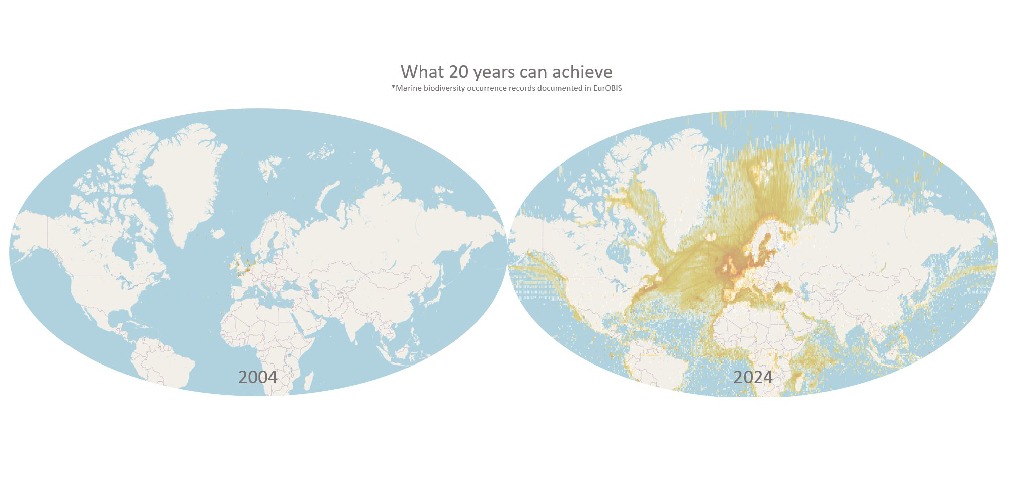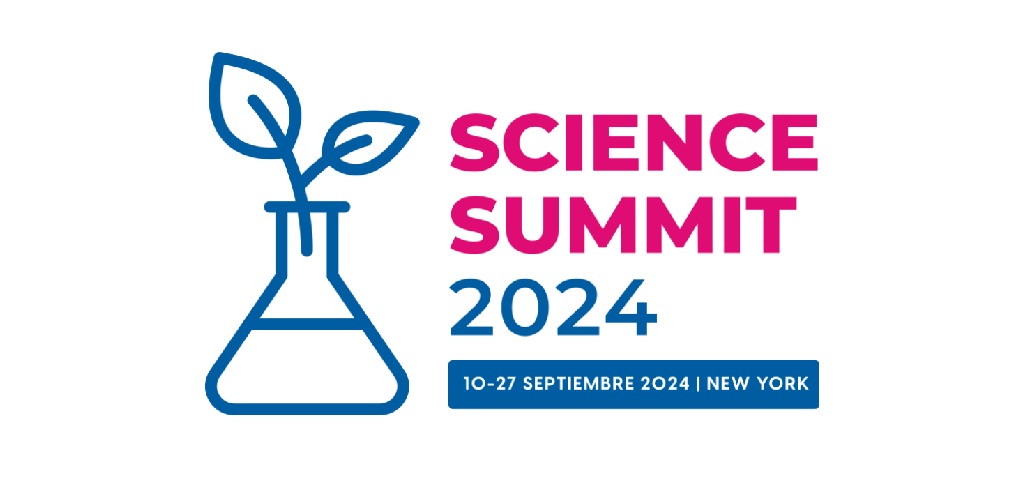



 Start listening
Start listening











the e-Science Infrastructure for
Biodiversity and Ecosystem Research
Metadata Catalogue
of Resources & Services
Access and use the resources and services for biodiversity and ecosystem researchers made available through our catalogues.
LifeWatch Belgium: ETN datasets on fish species now accessible through GBIF
At the end of September, we received important news from our National Distributed Centre in LifeWatch Belgium: the first ETN datasets from the Permanent Belgian Acoustic Receiver Network are now available via GBIF. The datasets include 507,095 occurrences of 10 fish species from Belgian freshwater, intertidal, and marine habitats. What does that mean? LifeWatch Belgium uses innovative tracking technologies to understand fishes’ movement behaviour, and get insights into their migration routes. Through acoustic telemetry, they actively track fish through implanted tags that emit acoustic signals. The importance of having such data and being able to understand fish routes, can be...
RitrainPlus November Events: project management and tools for Research Infrastructure efficiency
The RitrainPlus project is organising a Knowledge Exchange Workshop, and a Community of Practice meeting, both taking place this November. RitrainPlus aims to bring together research infrastructures, core facilities, business management schools and European universities, in an innovative collaboration designed to transform the access and empowerment of human resources. European research infrastructures and core facilities will benefit from the RitrainPlus skill-base, helping to drive their professionalisation, efficiency and long-term value creation. Knowledge Exchange Workshop: Organised jointly by ICOS and ACTRIS, the online workshop is dedicated to the management of a portfolio of European projects at 360 degrees. This event is...
LifeWatch ERIC to host series of workshops on Agroecology Monitoring in Europe
LifeWatch ERIC and Wageningen University & Research are organising a series of online thematic workshops under the AGROECOLOGY Partnership, co-funded by Horizon Europe.These workshops aim to accelerate the transition towards more environmentally and people-friendly agroecosystems, by promoting the development of reliable monitoring frameworks and tools.The ICT Core Scientific Team held the first event of the series on 15 October 2024, focusing on the agro-environmental domain. The panel featured experts from leading organisations, including the European Commission DG Agri, Joint Research Centre (JRC), Food and Agriculture Organisation (FAO), CIFOR-ICRAF, FiBL (Research Institute of Organic Agriculture), and Wageningen University & Research (WUR)....
Highlights from the EGI 2024 Conference
LifeWatch ERIC participated in the EGI Conference 2024, held in Lecce from September 30 to October 4. Co-hosted by EGI and CMCC, the conference took place at the Hilton Garden Inn, located in the same city as our Service Centre. This conference provided an ideal platform for our team to showcase innovative solutions that apply disruptive technologies - such as AI and Blockchain - to ecological research. LifeWatch ERIC and EGI share a mission to advance scientific understanding across Europe. The collaboration between these two organisations has been consolidated over time through several European Projects. Two of these, EOSC Beyond...
New project on soil health and sustainability joins the LifeWatch ERIC network. Meet SUS-SOIL!
The European research project SUS-SOIL, promoting sustainable soil and subsoil health, held its kick-off meeting in Lugo, Spain, on 2nd October 2024. Funded by Horizon Europe with a budget of nearly 6 million euros, it aims to raise awareness about soil health's role in tackling climate change, over its four years of activity. Coordinated by the University of Santiago de Compostela (USC), the project has brought together a consortium of 22 organisations, including universities, research institutions, technical entities, foundations, companies, and public bodies from 13 countries.SUS-SOIL, which stands for “Sustainable Soil and Subsoil Health Promotion”, will focus on implementing agro-ecological...
LifeWatch ERIC at the service of knowledge and innovation
On October 2nd, 2024, LifeWatch ERIC achieved formal accreditation as a Knowledge Agent by the Junta de Andalucía. This milestone marks the end of a process initiated on January 24th, 2024, affirming LifeWatch ERIC’s role in advancing research, technological development, and innovative projects that benefit both the scientific community and society at large. The accreditation acknowledges the organisation's dedication to accelerate the research efforts of the scientific community, according to its mission to deliver a European state-of-the-art e-Science Research Infrastructure on biodiversity and ecosystem research, through key scientific services. Moreover, it highlights its alignment with the researchers' need for key...
That’s a wrap! Marine SABRES at the EU Researchers’ Night 2024
LifeWatch ERIC presented the project Marine SABRES at the European Researchers’ Night, a unique event to meet researchers, learn more about their work and get closer to their world for one night (and beyond). LifeWatch ERIC organised in particular the first Marine SABRES fair, that is, the initiative “Marine SABRES in fairs: biodiversity conservation and restoration, sustainable blue economy and the benefits of ecotourism”. More than 100 people, including enthusiastic children, young people, families and the general public at large, passionate university students and researchers visited our stand and learned more about how to restore marine biodiversity and support a...
Marine SABRES launches the Serious Game School Competition
The Marine SABRES project (https://www.marinesabres.eu/) has designed an online Serious Game School Competition to introduce students to basic concepts of marine biology and coastal ecology, with the objective of increasing awareness on the intricate relationship between humans and the ocean (we also have a podcast available, for those wanting to learn more about biodiversity, human well-being, and climate change). The date selected for the first school competition coincides, fittingly, with the World Fisheries Day, Thursday 21 November 2024. Marine biodiversity loss is continuing unchecked, despite current conservation efforts. Effective conservation measures, that can also enable a sustainable and resilient blue...
Autumn highlights from LifeWatch Belgium: celebrations, discoveries and new frontiers
In this update, you can see a snapshot of the most exciting news from LifeWatch Belgium this season. From anniversaries to new scientific milestones, here are the stories you don’t want to miss: 20 years of EurOBIS: the European Ocean Biodiversity Information System (Eurobis), a LifeWatch Belgium service, celebrated its 20th anniversary in grand style, releasing a “super-harvest” of marine biodiversity data. The system counts over 100 datasets, of which 87 new ones, for a total increase of more than 1 million marine species occurrence records that were made available. This follows its 15th-anniversary milestone, and since then, EurOBIS has...
LifeWatch ERIC & friends transform knowledge into practice at the Science Summit 2024
In the scope of its ongoing commitment to supporting the UN Sustainable Development Goals, LifeWatch ERIC co-organises a workshop as part of the Science Summit 2024 at United Nations General Assembly (UNGA79) activities in New York (USA), within a network of European organisations (you can find the full list of the event sponsors and partners at the bottom of this page: https://sciencesummitunga.com/science-summit-unga79/). The Science Summit 2024 is the global event dedicated to scientific and technological challenges of our time, such as climate action, One Health, biodiversity, food systems, AI and other topics relevant to the UN SDGs. Every year since...
G20 – Biological Diversity and Conservation Units: Collaboration with the EU Research Infrastructures
The G20 Brazil 2024 took place in Manaus on September 17 and 18.Upon invitation from the Ministry of the University and Research of Italy (MUR), Alberto Basset, Director of LifeWatch ERIC Service Centre and Full Professor of Ecology at the University of Salento, joined the panel dedicated to Biological Diversity, Conservation Units and Biosphere Reserves. This panel, coordinated by Joe Miller from the Global Biodiversity Information Facility (GBIF), focused on promoting collaboration in scientific research, implementing conservation programs, exchanging data and technologies, and setting up environmental management policies. Alberto Basset's talk specifically addressed the role of EU research infrastructures in...
RESTORE4Cs issues Policy Brief on the positive climate impact of coastal wetlands
RESTORE4Cs (https://www.restore4cs.eu/) is the EU-funded project dedicated to climate change, biodiversity loss and habitat degradation, focusing on the sustainable management of European wetlands. These natural coastal areas of saltwater and freshwater play a key role in achieving the EU objectives regarding climate neutrality, biodiversity protection, zero-pollution, flood protection, and the circular economy. Led by the University of Aveiro (Portugal), the RESTORE4Cs consortium aims to assess the role of restoration action on wetlands’ capacity, through an integrative socio-ecological systems approach. Within the scope of this objective, on 9 September 2024, the project launched its first Policy Brief, which highlights the aspect...
Marine SABRES at EU Researchers’ Night 2024: conversations on biodiversity, sustainable blue economy and ecotourism.
On September 27, 2024, LifeWatch ERIC will participate in the European Researchers’ Night, contributing to its programme and engaging with participants, thanks to its research stand. On this occasion, LifeWatch ERIC will present in particular the project Marine SABRES (www.marinesabres.eu), organising the initiative “Marine SABRES in fairs: biodiversity conservation and restoration, sustainable blue economy and the benefits of ecotourism”. Marine SABRES – Marine Systems Approaches for Biodiversity Resilience and Ecosystem Sustainability, is a research project funded by the European Union that aims to conserve and protect biodiversity by integrating healthy, sustainably-used ecosystems and a resilient blue economy. To make Ecosystem-based...
LifeWatch ERIC featured in the autumn issue of The Niche
The Niche, the quarterly magazine of the British Ecological Society (BES), released its autumn issue last Monday, 9th of September 2024. The magazine is fully dedicated to science, ecology, and the life of ecologists, through a set of interviews, articles and much more. This autumn, LifeWatch ERIC has been included in the section Your Society, dedicated to community events, special Interest Groups, relevant networks to be aware about, and member stories. Together with the Chartered Institute of Ecology and Environmental Management (CIEEM), and with the Ecological Continuity Trust (ECT), we are thrilled to be listed as “Friends of the society”,...
Marine Biodiversity and the One Health Framework Workshop in Crete
The Marine Biodiversity and One Health Framework workshop, co-organised by LifeWatch Greece (GR) and the European Marine Biological Resource Centre Greece (EMBRC GR), took place on August 29th and 30th at the Hellenic Centre for Marine Research (HCMR) in Crete. The event brought together experts to discuss the intricate connections between marine biodiversity (and the entire interconnected ecosystem), and human health. Although alterations in the ecosystems often become perceptible only when it’s very late to intervene, these changes are occurring at high rates, with devastating impacts on society and health. This has traditionally driven the approach of the One Health...
LifeWatch Belgium: ETN datasets on fish species now accessible through GBIF
At the end of September, we received important news from our National Distributed Centre in LifeWatch Belgium: the first ETN…
RitrainPlus November Events: project management and tools for Research Infrastructure efficiency
The RitrainPlus project is organising a Knowledge Exchange Workshop, and a Community of Practice meeting, both taking place this November.…
LifeWatch ERIC to host series of workshops on Agroecology Monitoring in Europe
LifeWatch ERIC and Wageningen University & Research are organising a series of online thematic workshops under the AGROECOLOGY Partnership, co-funded…
Highlights from the EGI 2024 Conference
LifeWatch ERIC participated in the EGI Conference 2024, held in Lecce from September 30 to October 4. Co-hosted by EGI…
New project on soil health and sustainability joins the LifeWatch ERIC network. Meet SUS-SOIL!
The European research project SUS-SOIL, promoting sustainable soil and subsoil health, held its kick-off meeting in Lugo, Spain, on 2nd…
LifeWatch ERIC at the service of knowledge and innovation
On October 2nd, 2024, LifeWatch ERIC achieved formal accreditation as a Knowledge Agent by the Junta de Andalucía. This milestone…
That’s a wrap! Marine SABRES at the EU Researchers’ Night 2024
LifeWatch ERIC presented the project Marine SABRES at the European Researchers’ Night, a unique event to meet researchers, learn more…
Marine SABRES launches the Serious Game School Competition
The Marine SABRES project (https://www.marinesabres.eu/) has designed an online Serious Game School Competition to introduce students to basic concepts of…
Autumn highlights from LifeWatch Belgium: celebrations, discoveries and new frontiers
In this update, you can see a snapshot of the most exciting news from LifeWatch Belgium this season. From anniversaries…
LifeWatch ERIC & friends transform knowledge into practice at the Science Summit 2024
In the scope of its ongoing commitment to supporting the UN Sustainable Development Goals, LifeWatch ERIC co-organises a workshop as…
